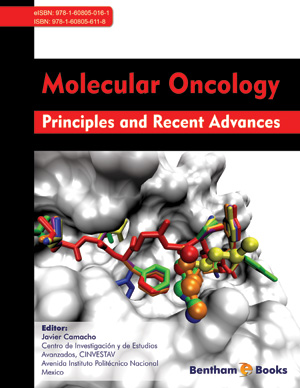Abstract
Gene therapy allows the specific control of disease-associated genes. It has been used to target specific genes on different types of cancer. A singular approach to regulate gene expression includes the administration of small synthetic Therapeutic Nucleic Acids (TNAs) which include Antisense Oligonucleotides (AS-ODNs). ASODNs utilize DNA sequence information from a disease gene to synthesize a molecule complementary to an accessible target mRNA. Although, many AS-ODNs have shown promising results targeting specific genes in different cancer types at a preclinical stage, only few of them have entered clinical trials. In this review, we will focus on the most successful AS-ODNs administered in clinical trials. The use of AS-ODNs on the clinical set up often produced unexpected results, suggesting that design and pre-clinical modifications are required to improve responsiveness to treatment. It is important to note that even though these molecules show advantage over conventional drugs for treating disease, the use of AS-ODNs as standard therapy for cancer is still far.
Keywords: Antisense, oligonucleotides, oligodeoxynucleotides, DNA, cancer, cancer therapy, gene therapy, clinical trial, therapeutic nucleic acids, therapeutic oligonucleotides.






















